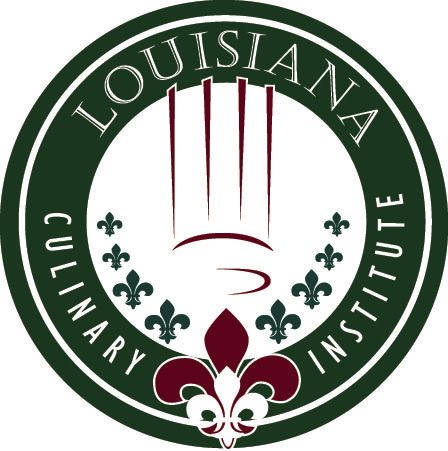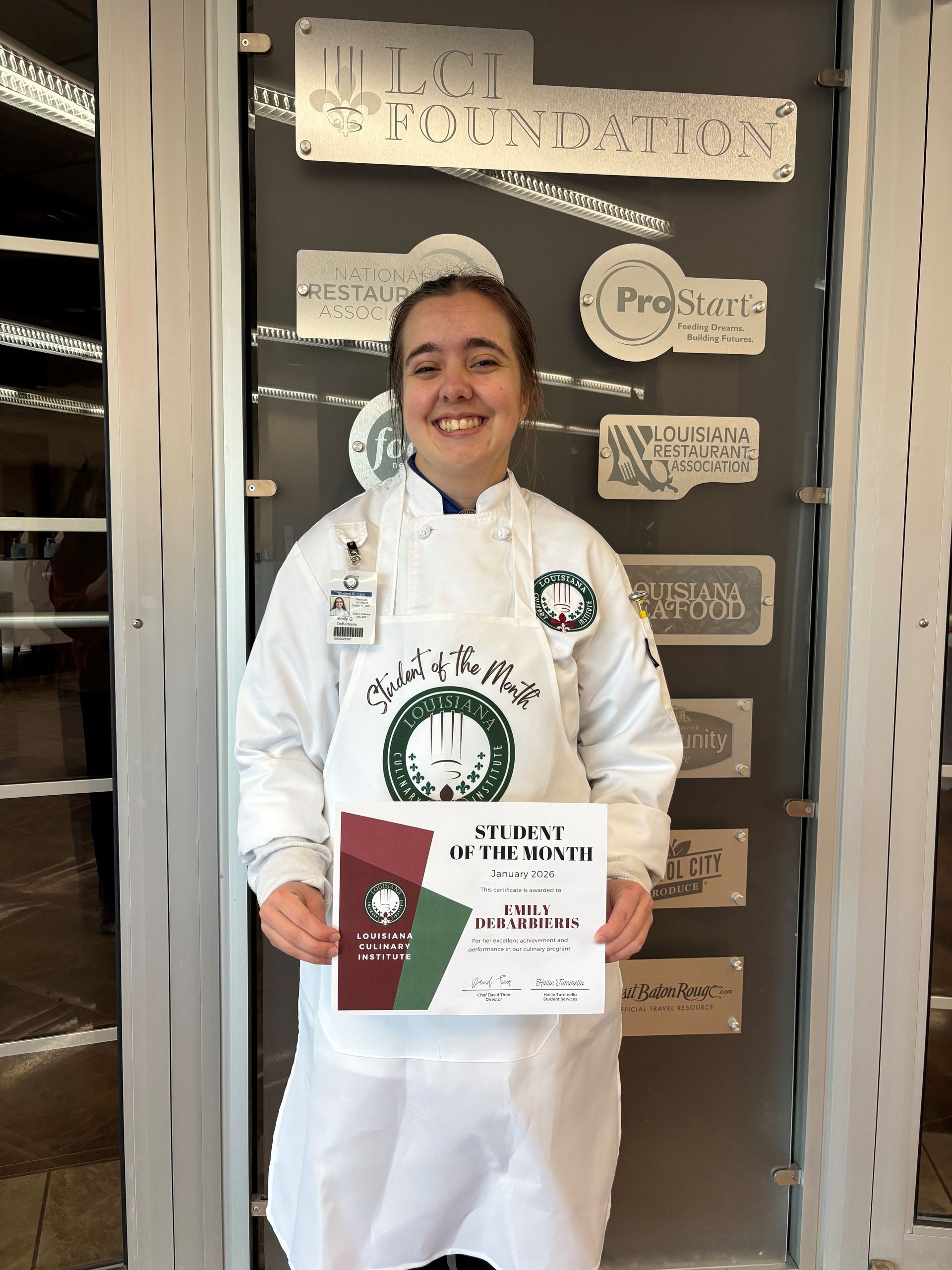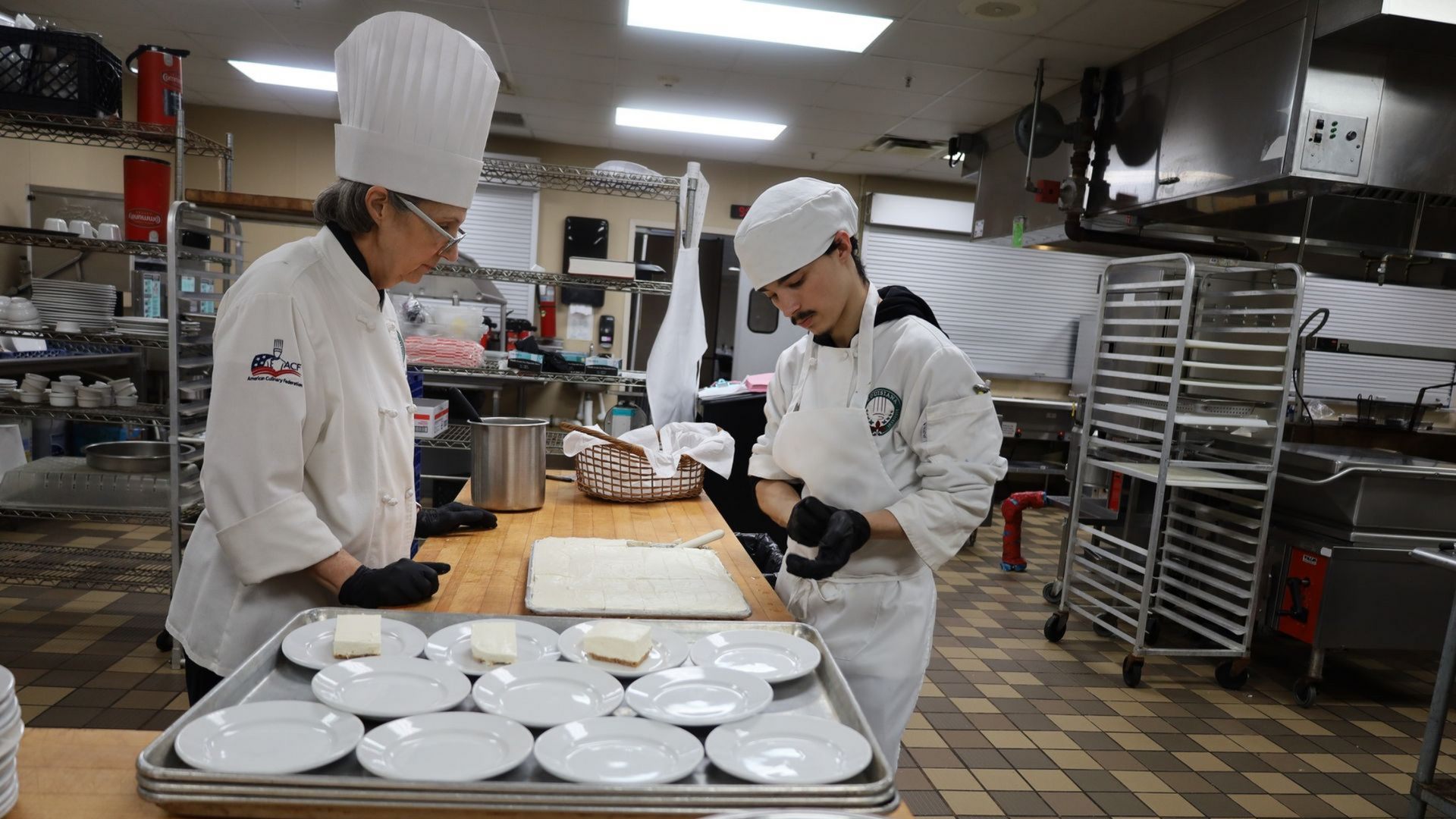Transferring to Culinary School: What is Required to Change Schools and Become a Culinary Professional
In the world of college athletics, student-athletes are constantly changing schools, transferring for more playing time. It’s not uncommon for any students at any institution to transition into new programs and different schools, but it is for a much more important reason than playing time. The same is true when pursuing an education in the culinary arts. There are a number of reasons to transfer schools. You may be getting your pre-requisites at one place and are now ready to focus on a culinary curriculum. You could be studying for a different career path, and realize that it’s time to focus on your passion and make it a career. There are a number of other variables and reasons, unique to each student, why you may transfer; and before you consider it, it is important to know what the process entails, and how much of your hard work will accompany you to your new school.
How Do Transfer Credits Work at Louisiana Culinary Institute?
There are a variety of ways that transfer credits can be attributed to your degree program at LCI. Whether they come from an official transcript or testing, here are your transfer credit opportunities.
ACT or SAT Scores for Culinary School Credit
LCI awards credit for the following ACT or SAT scores:
Math 101 – ACT Score, 25 or higher. SAT Quantitative Score, 570 or higher.
English 101 – ACT English Score, 26 or higher, or English score plus a composite score of 53 or higher. SAT Critical Reading Score, 610 or higher.
Official documentation needs to be submitted to the admissions office.
Advanced Placement (AP) Programs for Culinary School Transfer Credit
If you score a 3 on your AP English Language and Composition exam, you will get credit for English 101. If you score a 3 on your AP Calculus AB or BC exam, you will get credit for Math 101. If you score a 3 on your AP Psychology exam, you could be eligible for credit for Psychology 101.
Earned Credits for Culinary School Classes
Official transcripts from accredited institutions or the United States Armed Forces can be submitted for review to determine if any passed classes qualify for transfer credit. These courses need to be directly related to the courses for which credit will be granted.
CLEP Credit for Culinary School Classes
LCI is an open College Level Examination Program (CLEP) testing center. Students who receive the following minimum scores on CLEP subject examinations may be eligible to receive college course credit:
English 101 – American Literature, Analyzing and Interpreting Literature, College Composition Modular, College Composition Modular with Optional Essay, College Composition, English Literature; minimum score of 50.
Math 101 – College Algebra, College Mathematics; minimum score of 50.
HCM 232 – Financial Accounting; minimum score of 50.
So no matter the type of field you were studying, or even if you haven’t begun your post-secondary education, you have the opportunity to hit the ground running on your culinary education. Louisiana Culinary Institute is the premier culinary school in the south. LCI’s state-of-the-art facilities, highly experienced staff, and successful alumni base are all here to make your dreams of a culinary career come true.


